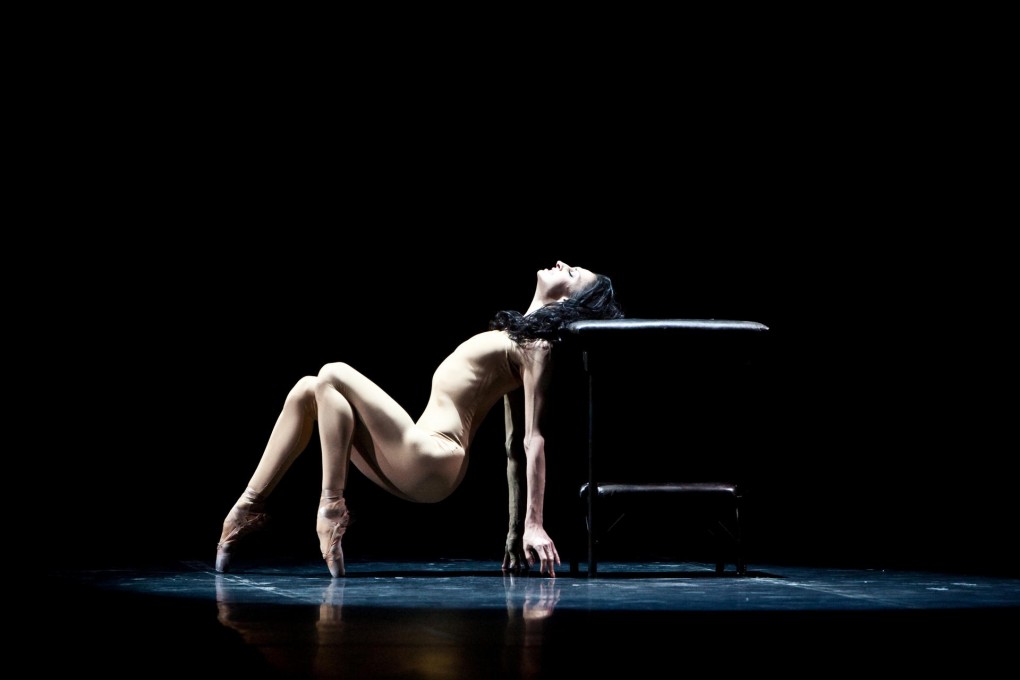Arts preview: Russian ballet version of Tolstoy classic takes a psychological approach
Edmund Lee

ANNA KARENINA
Eifman Ballet of St Petersburg
What is it about Anna Karenina that has entranced film and stage artists alike, and encouraged them to revisit the story in the grandest, wildest productions possible? For Boris Eifman, the reason lies deep inside the human psyche.
“I feel compassion for Karenina – for the woman who was killed by a ruinous passion for a man,” says the Russian choreographer who founded Eifman Ballet of St Petersburg in 1977, and is counting his take on Leo Tolstoy’s sweeping novel among its repertoire’s strongest performances.
“Above all, I was attracted by the great gift of Tolstoy, who managed to carry out an amazingly accurate analysis of moral death of the woman in his novel. I think he is the first psychoanalyst, and that he anticipated [Sigmund] Freud. The intellectual and emotional depth of the novel prompted me to create the ballet.”
Eifman’s theatrical vision, famed for its emotional excess, will be on display at Eifman Ballet’s Hong Kong performances as the opening programme of this year’s Eastern Europe-themed World Cultures Festival. The choreographer considers the passionate and erotically charged ballet to be a reflection of his company’s artistic originality.
Eifman says the challenge was “to plunge into the inner world of a woman who despised all principal norms and values [except] for love and passion”. He had to understand the nature of the catastrophe of Anna Karenina, as well as find “plastique” means to show the tragedy on stage, he says, referring to the Soviet ballet expression that combines classical steps with the full use of the torso.